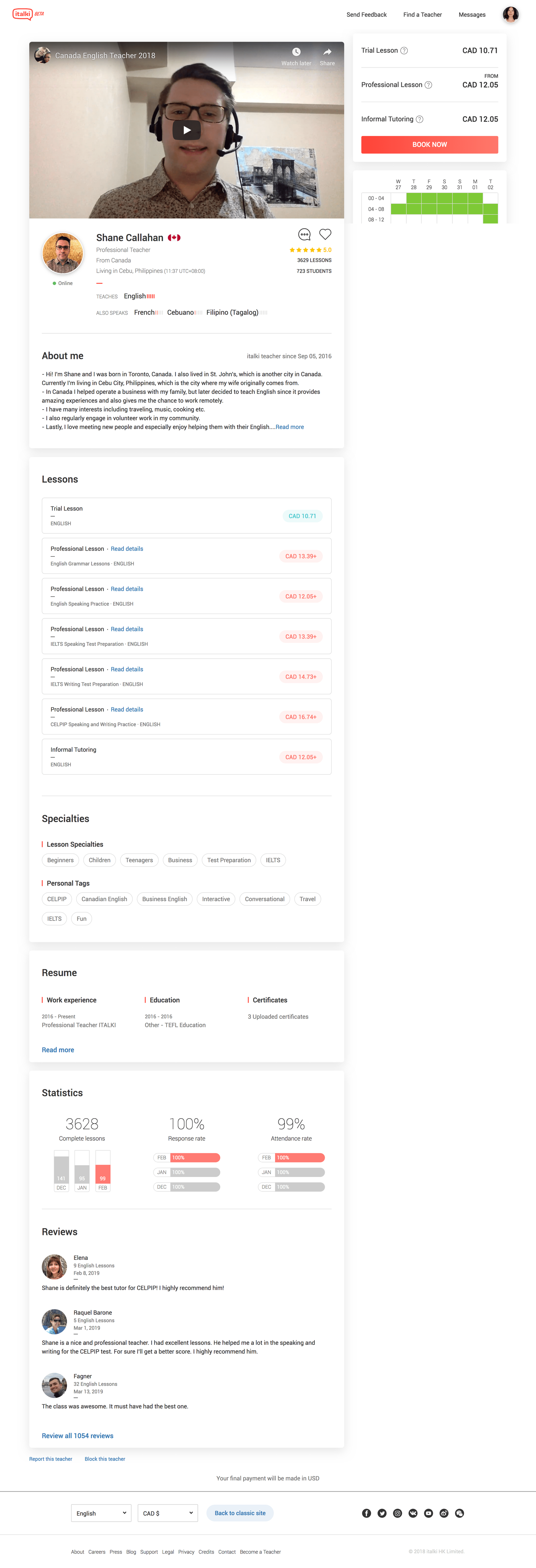Today I want to go a little bit deeper into the content of all our Language Book Club interviews from 30 January. As you saw last week, the event was truly epic and delivered some wisdom from no fewer than 11 multilingual people (polyglots! yes they are!).
Between me and Chris Broholm from Actual Fluency, we had the chance to interview a great bunch of people about writing, language learning and challenges on the day, so here are the most important things that Language Book Club taught us:
1) Forget Fluency
Fluency is not a word that most polyglots or language teachers love. Yes, we all call our blogs after it, but fluency is truly a concept that you need to define in more detail. It certainly doesn't help when you are working on your goals. Instead of aiming to define fluency, try setting short-term goals such as reading a certain book in the next month. I admit that I’m pretty pleased with myself for my own definition, which goes a bit like “if you can avoid communication breakdown and keep a conversation flowing, you’re pretty fluent."
2) Learn Vocabulary in Context
Flashcards and vocab are hot property, but there are lots of different ways of doing them. From detailed Anki interaction to paper-based systems like my simple Write-Look-Cover-Repeat system, the biggest key is in creating a rich context for whatever you are learning. In fact, you can develop this all the way to creating language memory palaces. Anthony Metivier believes that the memory palace is great for simple grammar principles and vocabulary, and emphasises that it is the most fundamental way of developing your memory (read here for my own mini palace attempt).
3) Don't get hung up on Accents
No matter where you go and speak a native language kinda badly, you'll still be welcome and accepted. this message was reinforced by Jared Romey and the girls from Russian Step by Step. Jared talked about how easy it can be to become disoriented even within the same language as he recounted his experiences of embarrassing Puerto Rican shopgirls. You might be feeling self-conscious or embarrassed when you step off the plane and have to open your mouth and “talk foreign” for the first time. But Jared says: “The most important thing is that you learn Spanish. Afterwards, you can adjust it, but don’t let dialects stop you."
4) Appreciate how big the World is
Language learning is not just about remembering words and grammar structures. It's about a whole different world view. Becky Morales shared the story of American high schoolers who met their first Mexican in their teenage years and enquired whether she had ever seen an orange. When you learn a language, she said, you become a world citizen and that's what really enriches your life.
5) Look Beyond the Idea of Hacking
There is no language hack and no single method of making language learning easier for all. From Benny Lewis and the emphasis on speaking and communication, to Gabriel Wyner's intense pronunciation focus, no polyglot can promise you the answer to getting things entirely right. Many share what works for them, and all of us hope that it will work for you too. In that sense keep trying, because you're not getting things wrong any time soon. Looking for a shortcut to better language skills is fine, but every one of our experts on the day has been a language learner for many years. The tips that you get are honed through years of experience, discipline and habit-building. What is the key to good language learning? Enjoy the journey!
6) See and Believe the Impossible
It's all right to be a fan boy! In Teatime with Chris, my Co-host Chris Broholm talked about his own journey of self-development and finding a purpose. It’s a pretty inspiring story and really does stand out as proof of how language learning as a personal challenge can help with even the biggest challenges. Chris started his own podcast as a means of learning from the people he admired. He says “It’s been such a big motivation for me when I see people doing things that didn’t even seem possible to me, and once you see what you think is impossible then it becomes possible."
7) Chill out at least some of the Time
When you feel overwhelmed, it's fine to slow down. Instead of trying every method of language learning all at once, just chill out and reconnect with your own preferences. Language learning is about what you do best. It has to be in sync with your own learning style. Not only did I discuss this as part of my own hour of Language Book Club Live, but I actually built this principle into the entire concept of The Vocab Cookbook. It's a cookbook: a collection of recipes to inspire and inform. Like with every other collection and every other blog, I want you to try out the ones that sound nice. You'll still get your time's worth.
Join Language Book Club
You can join Language Book Club on Facebook to stay up to date with news and discussions around language learning and books, and of course the updates on our next event when we make it happen later in 2015!
Get 50% Off the Fluent Box Set
If you haven't yet got a copy of The Vocab Cookbook on the day, don't forget that you can get the set of my 2 language learning guides, Fluency Made Achievable and The Vocab Cookbook together now.
These books are quick reads with a big impact, helping you boost your language learning skills instantly.
For you as a book club fan, I have created the special coupon code BOOKCLUB to give you my box set worth $20 for just $10. Get the huge discount right here - 100% Money Back Guaranteed of course. I just know you will love these.



